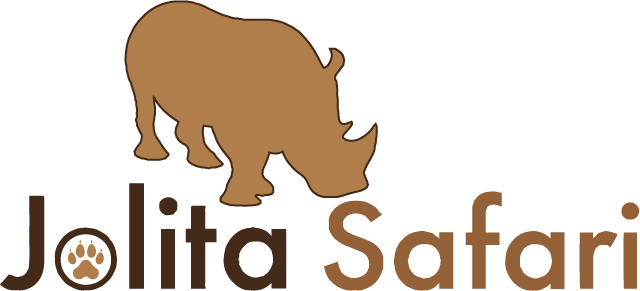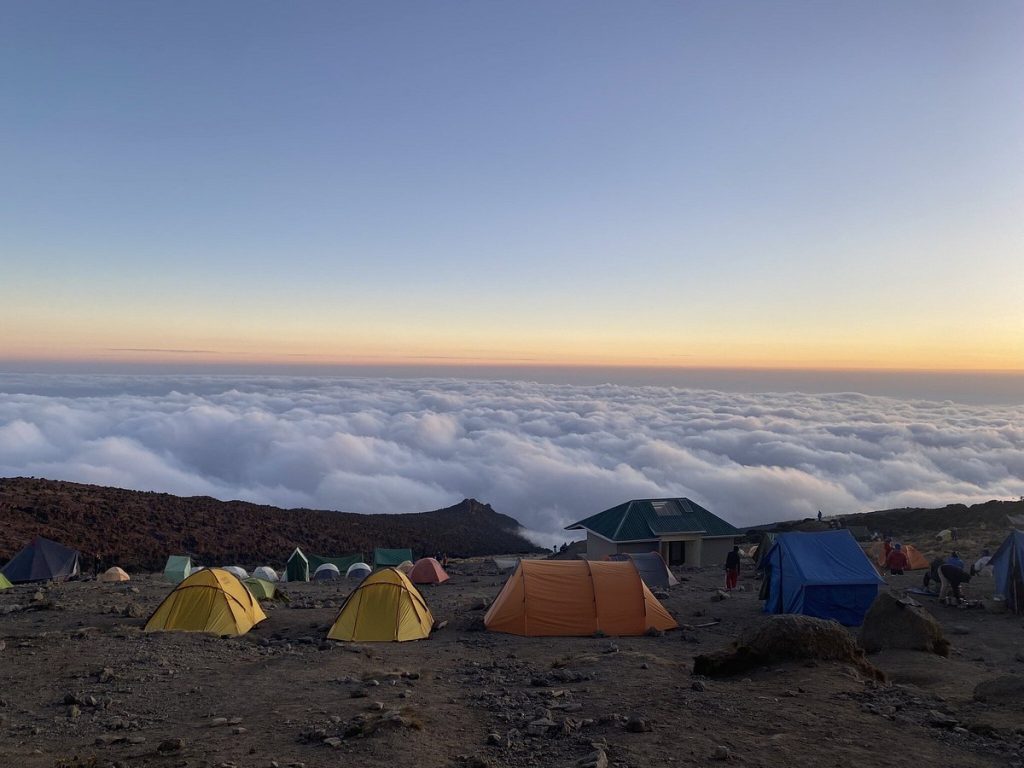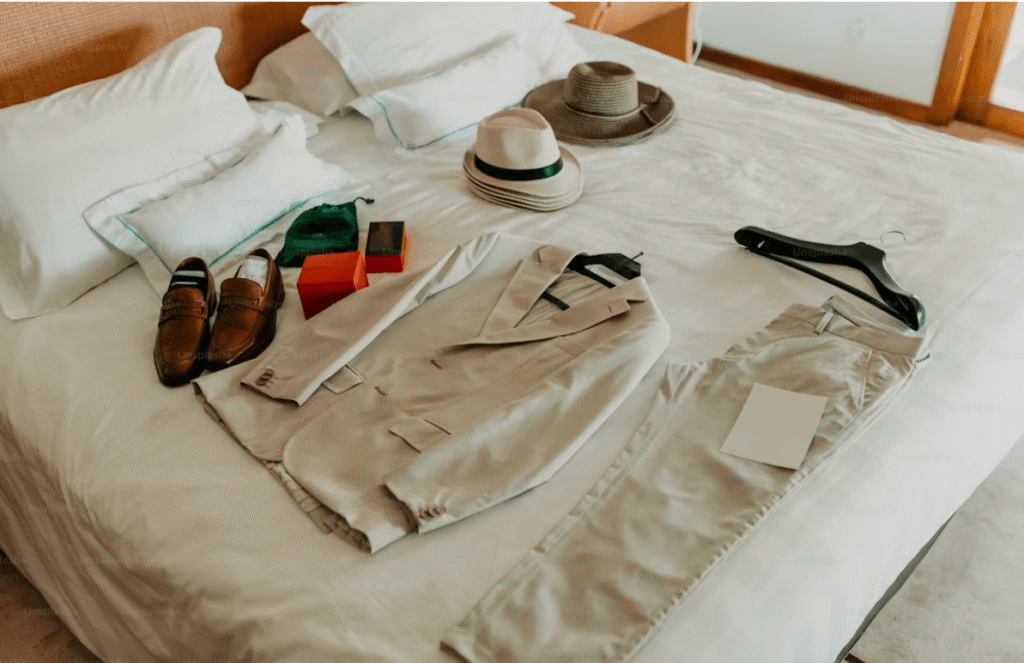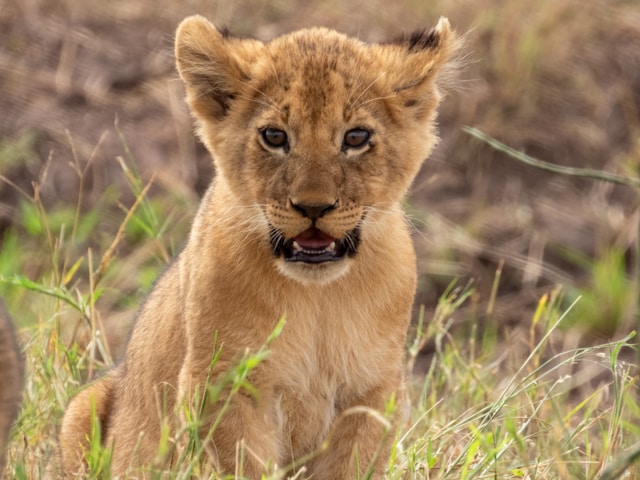BEFORE DEPARTURE
TRAVEL TERMS
Our travel terms form the basis of the agreement you make with Jolita Safari when you book a trip. Read our travel conditions.
PAYMENT FOR THE TRIP
Upon receipt of the order, we start booking your program. When the program is 100% confirmed, we send out a booking confirmation.
Together with the booking confirmation, an initial deposit invoice will be sent. Jolita Safari is NOT responsible for international flight tickets.
The amount is due for payment 14 days after the invoice date, unless the need to pay for plane tickets requires a shorter deadline.
The remaining amount is invoiced 60 days before departure and is due for payment 14 days after the invoice date. If the trip is booked 60 days or closer to departure, the full amount will be invoiced to the customer with due date within 14 days and sent together with the booking confirmation.
PASSPORT
It is the customer’s responsibility to ensure that the passport is valid, undamaged and meets the criteria for the journey. The passport must have a validity date of at least 6 months on the last day of travel. There must be at least 2 free pages in the passport. Check that there is no damage to the passport.
VACCINATION AND TRAVEL ADVICE
Contact your local vaccination clinic, health nurse or GP for vaccines.
TRAVEL INSURANCE
The customer is responsible for taking out travel insurance before departure. If you are going to stay at altitudes above 4,000 meters above sea level, you must check whether your insurance covers it. Take your insurance certificate with you on your trip.
Currency:
We recommend that you bring 2-300 US dollars with you. Feel free to bring small bills such as 1, 5, 10 USD, these are fine to use for tips.
Local currency can be withdrawn from ATMs in the cities, in rural areas it may be difficult to withdraw local currency. Ugandan authorities only accept dollars that are in good condition and that are from 2006 or newer.
DURING THE JOURNEY
Information about the flight
International flights are not included in the price for the land program.
Baggage on flights
International flights
Baggage rules vary from company to company. Familiarize yourself with your airline’s baggage rules before departure.
Domestic flights
If you want to fly small aircraft domestically, you must pack in a soft bag, duffel bag. Large suitcases can be difficult to take on small planes.
Generally, 15 kg including hand luggage applies on domestic flights
Visa
Norwegians visiting Uganda must apply for an e-visa in advance of entry. The application must be entered in the Uganda Electronic Visa/Permit Application System portal on the internet at least five working days before entering Uganda. Contact the Ugandan Embassy for more information. Visas are issued for one month and cost USD 50. When entering Tanzania, it is easiest to apply for a visa at the border crossing or on arrival at the airports. Visas to Tanzania are issued for 3 months and cost USD 50.
Transport on safari
Your private guide will be standing with a name badge in the arrivals hall. It can often seem confusing and difficult to find your driver as there are many people with different nameplates, take your time and find your driver. During the entire safari you will have access to your private safari car and driver. We do not put other travelers in the same car as you, the safari is best when you travel with your family and friends.
The cars we use are Toyota Hiace, Nissan Urvan and Toyota Land Cruiser. All cars are equipped with safety belts, radio communication, safari hatch, drinking water and you have a skilled driver during your stay. Several of our cars have sockets and charging options while you are out and about.
Safety
Jolita Safari, partners, our tour leaders and local guides will use their experience and knowledge to avoid accidents. Jolita Safari cannot guarantee that unfortunate situations cannot occur. You are visiting a country with a foreign culture and as a participant on our tours you must show respect and not behave reprehensibly or rudely. A journey to a country in Africa means that the traveler must accept a different reality than in our Western world.
During the trip, you are obliged to comply with the rules and regulations issued by the public authority, the organizer or the organizer’s representatives, including the rules and regulations that may have been issued by the individual hotel, lodge, transporter, etc. Rule changes may occur without Jolita Safari having received opportunity to inform you as a traveller.
Food and drink
The days you are on safari always include breakfast, lunch and dinner. The food at the accommodation is of a high standard, but it is still good to take precautions. The food we eat locally is well cooked and or fried, and thus safe to eat. Wash your hands before meals.
Drinking water is boiled or bought in bottles.
In most accommodation it is customary to serve buffet meals. The buffets tend to contain both gluten-free and vegetarian options.
If you require a special diet during your stay, please inform us of this when booking.
All beverages are paid for by the customer directly on the spot unless otherwise agreed.
Tips
Tips are part of the culture in Uganda. Although tipping is voluntary, it is expected that you tip in various situations to thank for good service and a job well done. We recommend that you tip your safari guide on the last day when you leave him at the airport. Remember that tips should reflect the work done.
Most hotels/lodges/campers have a “tip box” at the reception. The tip is then distributed to everyone who works on site.
Language
The official languages in Uganda are English, Luganda and Swahili. At hotels and tourist attractions, English is used. The official languages in Tanzania are English and Swahili. At hotels and tourist attractions, English is used.
Local customs and clothing
The even Ugandan is perceived as positive, helpful and outgoing. When you meet a Kenyan, it is customary to shake hands, and then follow a small greeting ritual “How are you, your family” etc. It is not usual to introduce yourself until after you have exchanged greetings. Brash behaviour, visible drunkenness, swearing/bad language and disrespectful accusations can be taken very seriously – especially by the older generation. As a tourist, it is therefore important to be aware that parts of the mainland Muslim community. Tourists should be careful to follow the dress code and avoid drinking alcohol in places other than restaurants that are licensed to serve alcohol. Special precautions should be taken during Ramadan. When moving in public places, women should always wear clothes that cover their shoulders, knees and navel.
Climate
The climate is tropical with temperatures of 22 to 30 degrees Celsius. There are two rainy seasons, the big rainy season is from the end of March to the end of May. The short reindeer season is mainly in the month of November. April is certainly the month with the most rain. The period between December to February and June to August is mainly dry, but there can be short rain showers during the dry periods as well. Uganda in particular can have several days of rain throughout the year, this is what makes Uganda so lush
Electricity
Most lodges and campers are not connected to the usual electricity grid, they then use solar cells and generator power. The generators are often only used for a few hours in the morning and in the evening, which means that there may be limited time to charge mobile phones and cameras.
Current voltage is 220 Volt, with 3-pin sockets. There may be some voltage variations and sometimes power outages.
Where there are no charging facilities in the room/tent, in most cases it will be possible to charge at the reception.
Several of our cars have sockets and charging options while you are out and about.



